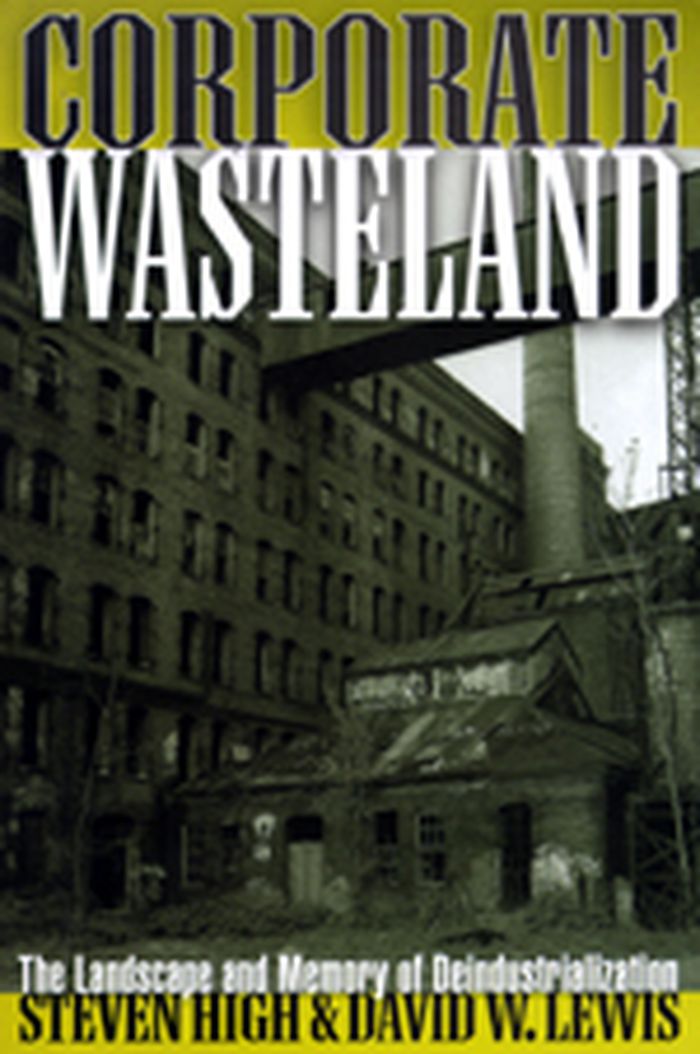$24.95
(disponible sur commande)
Résumé:
Through an evocative blend of oral history, photographs, and interpretive essays, Corporate Wasteland investigates the contested terrain of deindustrialization. Forcing readers to look beyond nostalgia and the drama of ritualized demolition, High and Lewis challenge the ways in which we comprehend and respond to the profound disruptions wrought by globalization.
Corporate Wasteland : the landscape and memory of Deindustrialization
Actions:
Prix:
$24.95
(disponible sur commande)
Résumé:
Through an evocative blend of oral history, photographs, and interpretive essays, Corporate Wasteland investigates the contested terrain of deindustrialization. Forcing readers to look beyond nostalgia and the drama of ritualized demolition, High and Lewis challenge the ways in which we comprehend and respond to the profound disruptions wrought by globalization.
Théorie de l’urbanisme
$49.95
(disponible sur commande)
Résumé:
Point Saint-Charles, a historically white working-class neighbourhood with a strong Irish and French presence, and Little Burgundy, a multiracial neighbourhood that is home to the city’s English-speaking Black community, face each other across Montreal’s Lachine Canal, once an artery around which work and industry in Montreal were clustered and by which these two(...)
Deindustrializing Montreal: entangled histories of race, residence, and class
Actions:
Prix:
$49.95
(disponible sur commande)
Résumé:
Point Saint-Charles, a historically white working-class neighbourhood with a strong Irish and French presence, and Little Burgundy, a multiracial neighbourhood that is home to the city’s English-speaking Black community, face each other across Montreal’s Lachine Canal, once an artery around which work and industry in Montreal were clustered and by which these two communities were formed and divided. ''Deindustrializing Montreal'' challenges the deepening divergence of class and race analysis by recognizing the intimate relationship between capitalism, class struggles, and racial inequality. Fundamentally, deindustrialization is a process of physical and social ruination as well as part of a wider political project that leaves working-class communities impoverished and demoralized. The structural violence of capitalism occurs gradually and out of sight, but it doesn’t play out the same for everyone. Point Saint-Charles was left to rot until it was revalorized by gentrification, whereas Little Burgundy was torn apart by urban renewal and highway construction. This historical divergence had profound consequences in how urban change has been experienced, understood, and remembered. Drawing extensive interviews, a massive and varied archive of imagery, and original photography by David Lewis into a complex chorus, Steven High brings these communities to life, tracing their history from their earliest years to their decline and their current reality. He extends the analysis of deindustrialization, often focused on single-industry towns, to cities that have seemingly made the post-industrial transition.
Architecture de Montréal

